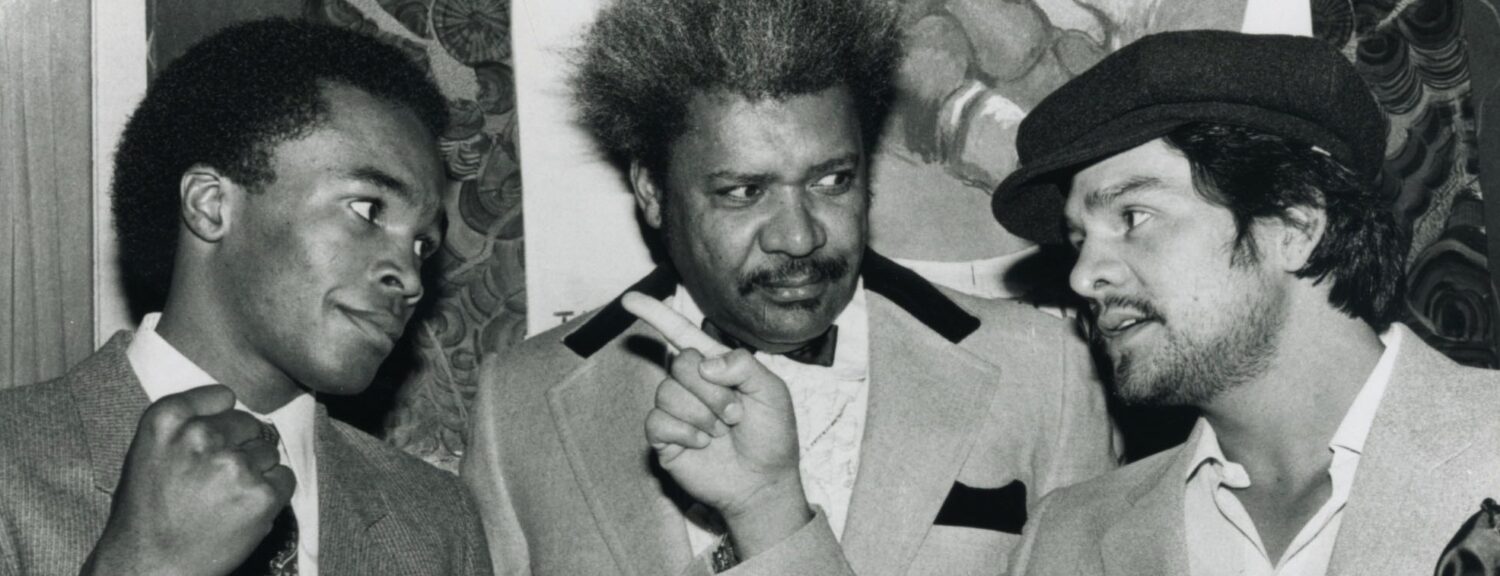
There are 5 major assignments in HIS 3310:
- Class Engagement (14%). Engagement is crucial to success. This includes attendance, participation in whole-class and group discussions, readings analysis classwork, and in-class presentations of selected reading selections.
- Readings Choice (21%). This assignment is a collection of analytical reactions to the weekly course readings via blog posts submitted on our course WordPress site. 7 submissions in total.
- With 10 potential weeks of submissions, students are able to take three weeks “off” from posting their work. However, students are expected to read / scan the readings each week to participate in class discussions, work, and presentations.
- Book Club (15%). Students will select or be assigned one of the four options — When Baseball Went White, ACC Basketball, Futbol, Jews, and the Making of Argentina, and The Rise of Gridiron University — and submit an early reaction blog post, followed by an overall analysis of the entire book as a formal book review.
- Individual Research Project (35%). This assignment allows students to choose a topic to research centered on sports in the Americas. Preliminary elements include: topic, secondary sources (historiography / relevant and key academic literature), primary sources, and an annotated bibliography.
- The final product will still contain a clear topic, argument (thesis), supporting use of secondary and primary sources, and analytical conclusion.
- However, instead of an essay paper, submissions will be developed as a digital product (i.e. multimedia timeline, digital storytelling 4-5 min. short film, digital exhibit, multimedia story map, etc.)
- Final Exam Essay (15%). This essay (approx. 4-6 pages) will tackle a major theme of HIS 3310 and present an argument supported by both your personal research AND select course readings.
Total=100 pts.
Grading Scale
- A 100-93 / A- 92-90
- B+ 89-87 / B 86-83 / B- 82-80
- C+ 79-77 / C 76-73 / 72-70
- D+ 69-67 / D 66-63 / D- 62-60
- F = 59 or lower
Tips to Succeed on ASSIGNMENTS [links to handouts]
1. Class Engagement
Routine absences will make it difficult to stay on pace with the course and assignments, and will begin to jeopardize your success. If absences start to become an issue (4+), reach out to me! I’m here to help. In any event, I will schedule an individual conference to discuss your progress.
Being engaged is more than just showing up. Read or scan the weekly readings. Understand the main points. Take note of interesting points. Share your reactions with classmates at your table or the whole class. Be an active participant in class activities. And feel free to drop by my office to chat or brainstorm ideas for research.
2. Readings Choice
Each week, you will have about 20-45 minutes of readings on average. Some “readings” are videos or podcasts. In fact, you should be able to read for about 30 minutes and spend another 10-15 minutes jotting down some notes. In other words, don’t read word-for-word. Learn how to quickly scan for the topic, argument, evidence or sources, and conclusion.
You have three options each week to choose when submitting your readings analysis. Mix it up so it stays fresh with you, or simply choose one option and be consistent all semester. Whatever works best for you!
The key to this assignment is to analyze the readings as a whole as they relate to the theme for the week. Your submissions should NOT be structured as an article-by-article, point-by-point summary.

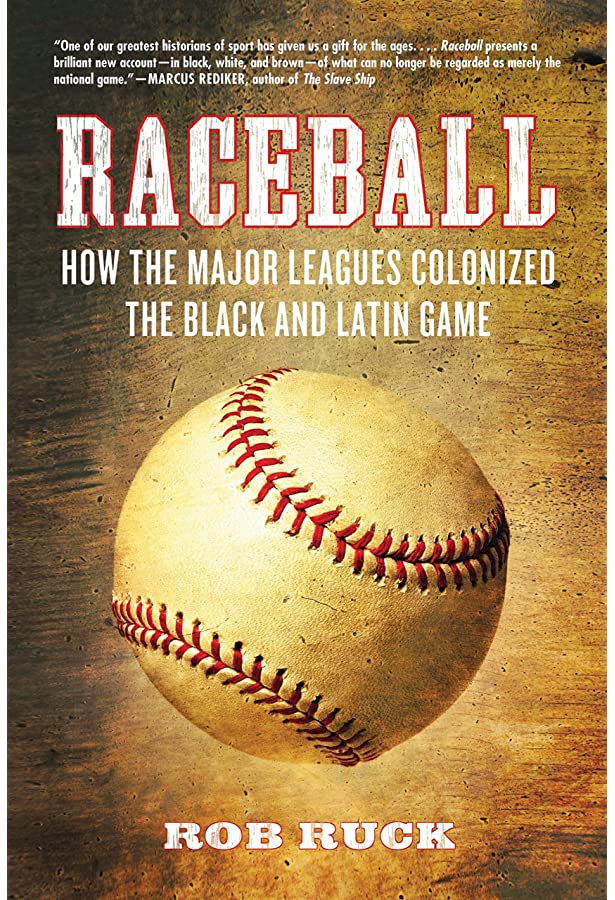
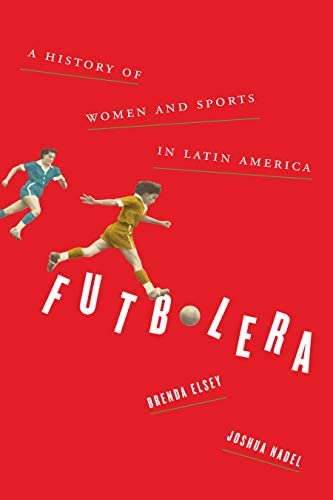

3. Book Club
Students will select one of the four book club selections. By Feb 29 (Week 07), students will submit an early reaction blog post. This blog post should be between 350-400 words capturing your reaction to the Introduction and first two chapters of your book. What stands out? What questions arise? What is the historical context? What are the author’s goals and methodologies? etc.
A few weeks later, after you finish reading the book, you will provide an overall analysis of the entire book. Students will follow a formal book review style (example). Save your final book review as a PDF before posting it on the website.
In your book review: provide a brief background of the topic, a condensed summary of how well the book engages with the topic, an explanation of the authors’ main argument, particular critiques of the book (what worked well, where did the book fall flat or seem confusing), and a final assessment of the merits of the book and its potential audience.
Both the early reaction blog post and the final Book Club analysis assignment will be posted on the course website using the category “Book Club.” (change >> FINAL DUE DATE: now by April 2)
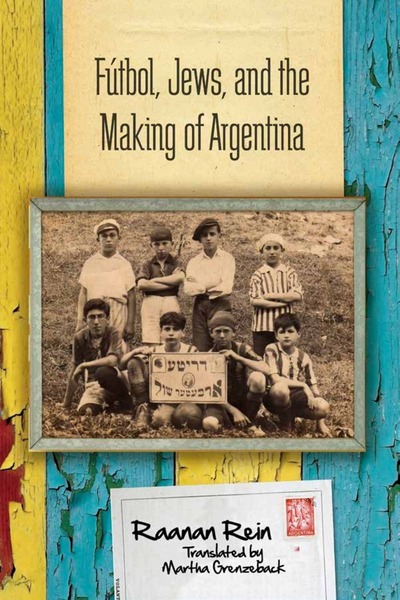
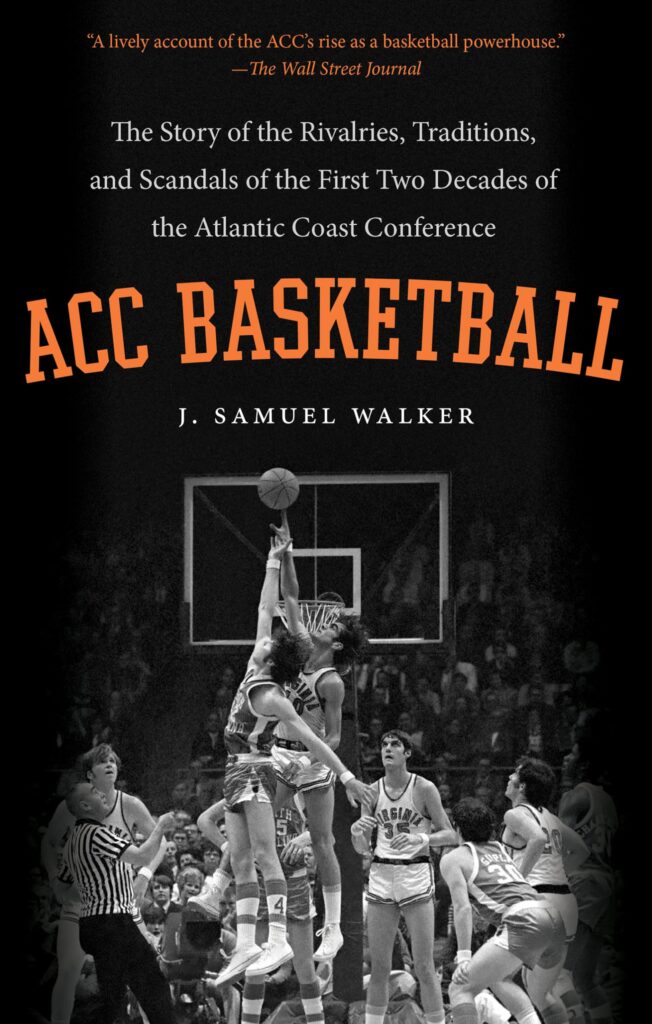
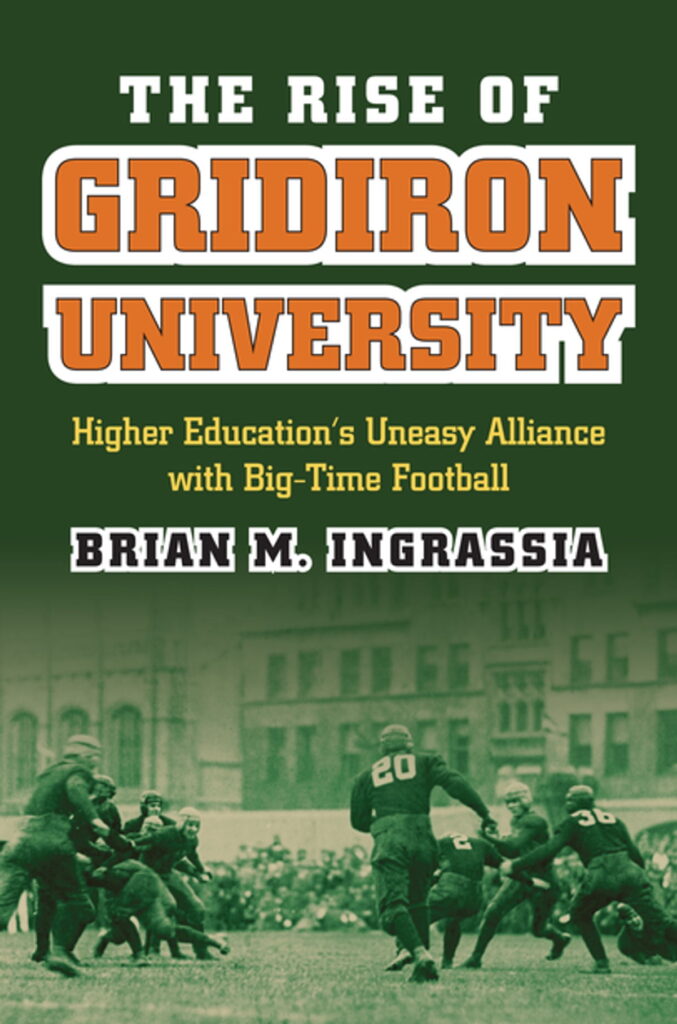
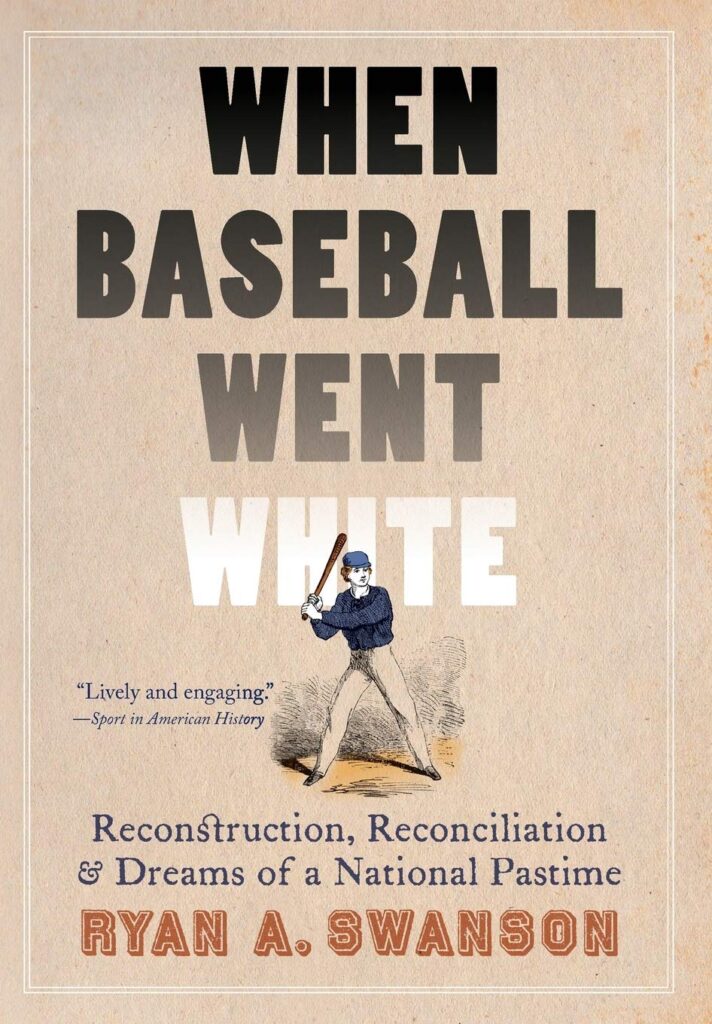
4. Individual Research Project
This assignment allows students to choose any topic to research … as long as it focuses on sport in the Americas (South or North America, which includes the regions of the Caribbean and Central America). Preliminary elements include: topic, secondary sources — historiography / relevant and key academic literature—, primary sources, and an annotated bibliography.
- Although the final product will still contain a clear topic, argument (thesis), supporting use of secondary and primary sources, and analytical conclusion, the idea is how to convey your research without writing an essay paper.
- Your submissions will be developed as a digital product instead. It can be a multimedia timeline, digital storytelling (4-5 min. short film), digital exhibit, multimedia story map, etc. The final product will marry text, audio, video, images, and anything else you can think of. It can be linear, or non-linear.
This research process will develop over the course of the entire semester. The goal of the digital research project is to share your research in a digital format, and through a product or presentation that makes good use of your selected format.
Basically, this assignment requires students to “do” history in a non-essay format, while adhering to the same principles of historical inquiry and scholarship. Your product should be tightly focused (a type of micro-history) and centered on a specific topic, person, group, or event.
5. Final Exam
The final exam paper is a chance for students to show off their mastery of the course readings, topics, and discussions and how they connect to their individual research topic. Overall, you want to show how sports shaped identity in the Americas. You can explain changes over time, assess the impact of sports in particular societies, or speak to race / gender / class / nationality / regional identity, etc.
The final exam paper will thus incorporate relevant course readings, and important primary and secondary sources from your original research project.
- All papers must be submitted by email (to sibajaro@appstate.edu) no later than by the end of the final exam period (May 9, 1:30pm).*